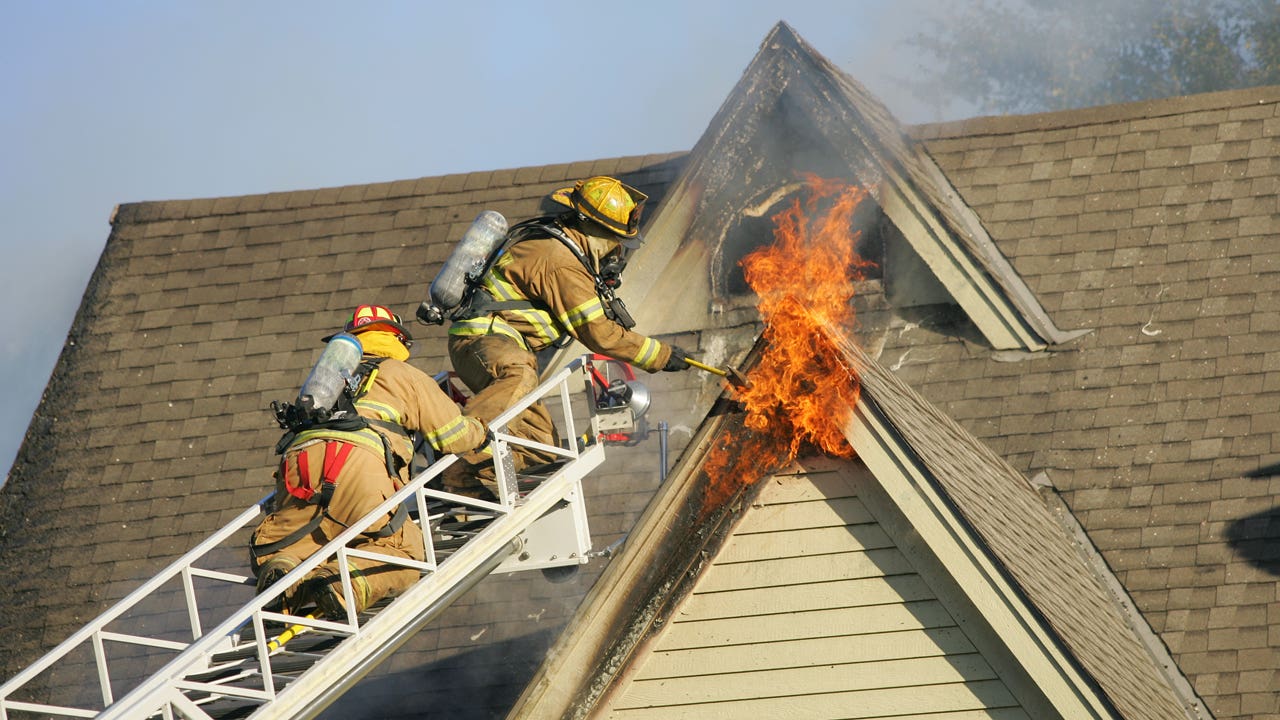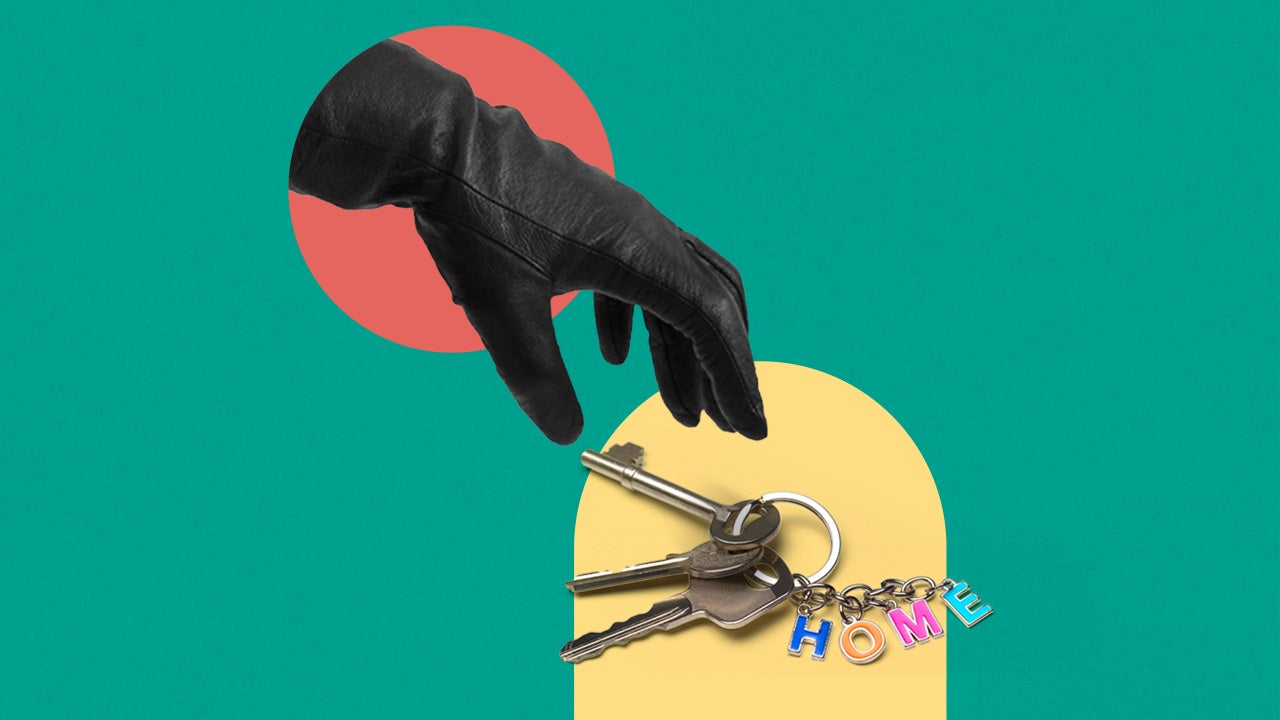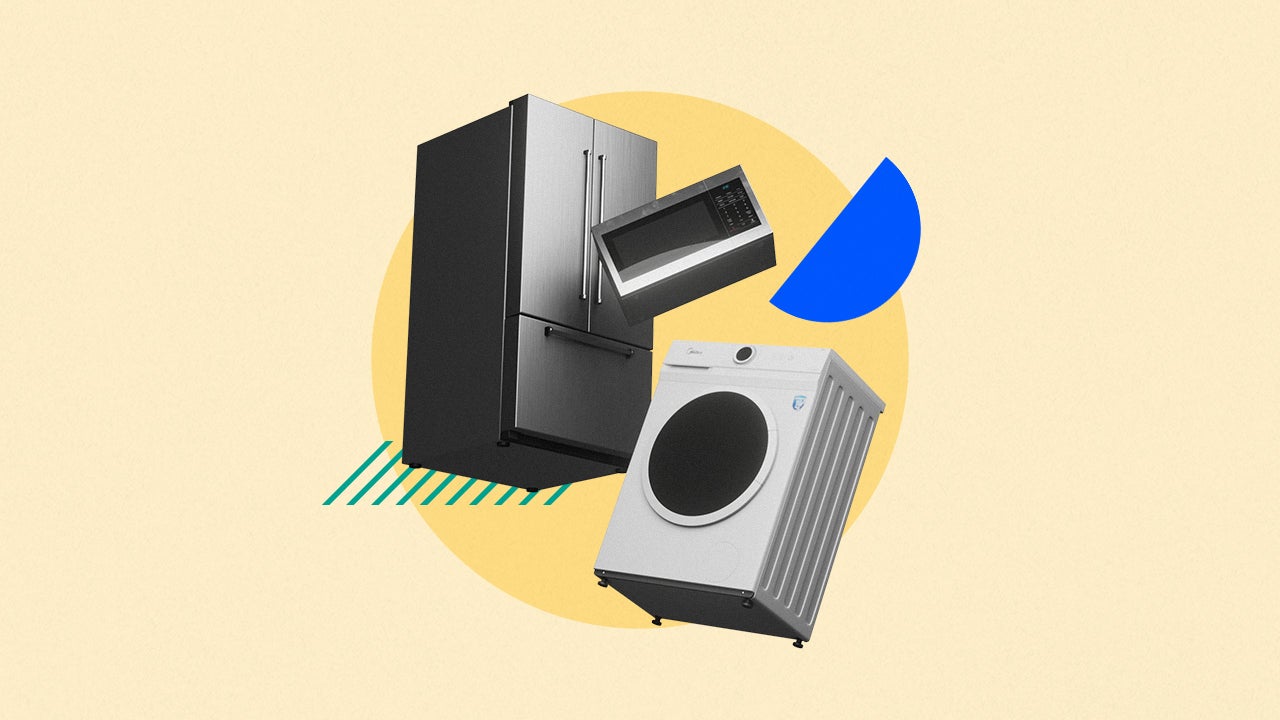Does homeowners insurance cover fire damage?

Key takeaways
- Home insurance policies generally cover losses from a fire, unless it’s due to arson or is caused by a known issue, such as old knob-and-tube wiring.
- Homeowners who live in areas where wildfires are common may pay more for home insurance or have more trouble finding a policy.
- Certain preventative measures, such as installing smoke detectors and fire extinguishers, can help mitigate damage if a fire starts in your home, and may even net you a small home insurance discount.
Whether a kitchen fire, wildfire or another fiery incident, flames can lead to significant damage to a home. According to the U.S. Fire Administration, home fires have caused a total of 1,376 fatalities so far in 2025. And in 2023, the most recent year fire loss data were available, fires caused $23.2 billion in damage in the United States. Here’s what homeowners should know about home fire insurance, including what’s covered by a standard policy and what’s not.
Does homeowners insurance cover fire?
Typically, homeowners insurance does cover fire when it is caused by anything other than arson. It is also likely to cover smoke damage to your home and belongings.
House fires can start from a number of conditions inside the home, such as a candle too close to curtains or a pot on the stove catching fire. The U.S. Fire Administration reports that cooking is the leading cause of fires, responsible for roughly 50 percent of home fires each year.
Fires can also start from an external force, such as a wildfire or lightning strike. In most cases, these types of fires will be covered by your homeowners insurance up to your policy limits.
Fire damage that a home policy may cover
Homeowners insurance policies will usually cover the most common types of fires, including those caused by faulty electrical wires, cooking, candles, fireplaces, heaters or other household items. Accidental fires or fires started by user error or mistakes will likely be covered, too.
Many policies also cover damage resulting from wildfires. However, if you live in an area where wildfires are common, your home insurance company may charge more for your premiums — or decline insurance coverage altogether. Some states, like California, have FAIR Plans that you can purchase for coverage if you cannot obtain coverage elsewhere. The best way to find out if you’re covered against wildfire damage may be to contact your home insurance company and ask about the specifics of your policy.
Fire damage that a home policy won’t cover
Homeowners insurance does not cover arson if the fire is set by the homeowner or on their behalf in an attempt to get an insurance payout. If that happens, it is likely that the individual would be charged with insurance fraud and also face other civil penalties or fines. Insurers and fire personnel have become very adept at determining when a fire is arson and aggressive in fighting this crime, which costs more than $40 billion each year.
In some cases, knob-and-tube (K&T) wiring is also not covered. This is an older type of electrical wiring primarily used from the 1880s until the 1940s. Although it is not inherently dangerous, the age of the wiring and improper modifications can make it more susceptible to fires. If you live in an older house with K&T wiring, talk to your carrier or a licensed insurance agent to ensure that you will be covered in the event that it causes a fire.
If you’re unclear about what is and is not covered related to fire, It’s a good idea to reach out to your insurance agent or company for clarification. It’s better to know beforehand than to find out your policy does not cover you adequately after a disaster.
Do homeowners need separate home fire insurance?
No, homeowners typically do not need a separate home fire insurance policy. But as mentioned, it may be harder or more expensive to get coverage if you live in a wildfire-prone area or state.
Nearly all standard homeowners insurance policies already include coverage types that typically cover fire damage, so you wouldn’t have to purchase a separate policy. These coverage types include:
- Dwelling coverage: This coverage would likely pay to rebuild your home if a fire were to destroy parts or all of the structure.
- Other structures coverage: Structures like a detached garage on your property are usually covered by this type of coverage.
- Personal property coverage: This coverage typically pays to repair or replace damaged items, such as electronics and furniture.
- Loss of use coverage: If the fire renders you unable to live in your home, this coverage may be used to help you temporarily relocate. It could help pay for the cost of staying in a hotel, eating food out, laundering clothes away from home and other necessary living expenses.
- Liability coverage: This coverage could reimburse others if a fire were to injure a guest or damage their property while at your home or if a fire were to spread and damage part of your neighbor’s property.
It’s important to remember certain insurance coverage types come with their own limits. Reviewing your policy with a licensed insurance agent on a regular basis can help reduce the risk of you being underinsured if a claim does happen.
What does home insurance pay out for a fire?
According to April 2025 average home insurance rate data from Quadrant Information Services, the average home insurance policy will go up about 6 percent, or $2,397 per year, after an $80,000 claim for fire damage.
From 2018 to 2022, the average payout for a fire or lightning claim was $83,991, according to the Insurance Information Institute (Triple-I). Keep in mind that how much you will be able to recoup from your insurance company following an approved claim may be impacted by your policy limits, too.
For example, consider a situation where a home is worth $400,000 and is declared a complete loss following a fire, but the homeowner only has $250,000 in dwelling coverage. The homeowner would likely be responsible for the remainder out of pocket, in addition to their deductible, which applies in the event of most claim payouts.
Because of this, it’s important to work with your agent to determine the appropriate level of coverage for your home. Multiple factors play a role in determining that level, from local construction costs per foot to the location of your home. You may want to consider an endorsement option such as extended or guaranteed replacement coverage that will provide more robust options for you in the event of a disaster.
Fire damage claims process
Once the fire has been extinguished and you and your family are safe, contacting your insurer becomes a top priority. The sooner you file your claim after a peril has affected your home, the better it will generally go. To file a claim with your home insurance company for fire damage, you’ll generally want to follow the steps outlined below. Depending on your insurer, there may be some variance, but this guide should still help you through the core of the process.
- Contact your insurance company with your policy number and specific information about the damage caused to your home. Photos and documentation can be invaluable here, but the company will likely assign an adjuster later in the process to analyze the damage directly.
- Do what you can to mitigate any further damage. This could include sealing up any openings you can, such as temporarily boarding open damaged windows, doors or walls. If you spend any out-of-pocket money on this step, keep your receipts, and your home insurance may reimburse you if your claim is approved.
- Fill out your claim paperwork and file it. This part of the process can be pretty involved, and you may want to take your time so you can make sure to detail every financial loss caused by the fire. As many objects within your home could be damaged beyond recognition, this can involve a lot of digging through memory or purchase histories. Having a home inventory can save valuable time during this step.
What happens after you file your claim can depend on several factors, including whether you need temporary housing, how extensive the repairs will be and how smoothly the claims process goes.
For instance, perhaps your home insurance does cover your house burning down, but whether you want to rebuild or sell the lot will be a decision only you can make. If there are no disputes and the insurer covers your claim, you’ll be working with repair contractors or companies to rebuild the damaged parts of your home, but you’ll still want to track the costs relative to your claims payout to make sure you keep expenses within the covered range.
Frequently asked questions
Why we ask for feedback Your feedback helps us improve our content and services. It takes less than a minute to complete.
Your responses are anonymous and will only be used for improving our website.
You may also like

Does homeowners insurance cover termites?

Does homeowners insurance cover theft?

Does homeowners insurance cover roof leaks?

Does homeowners insurance cover appliances?


